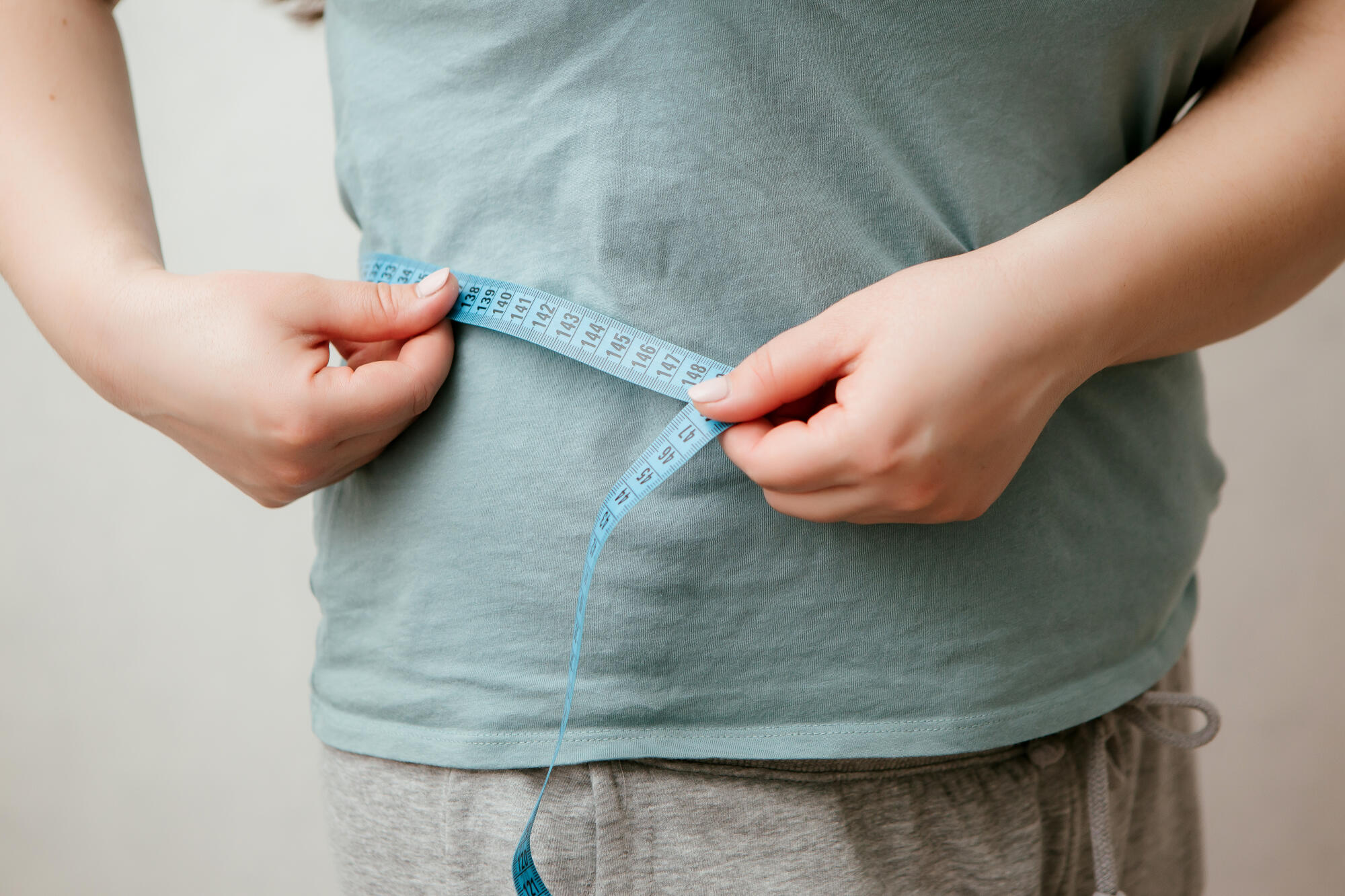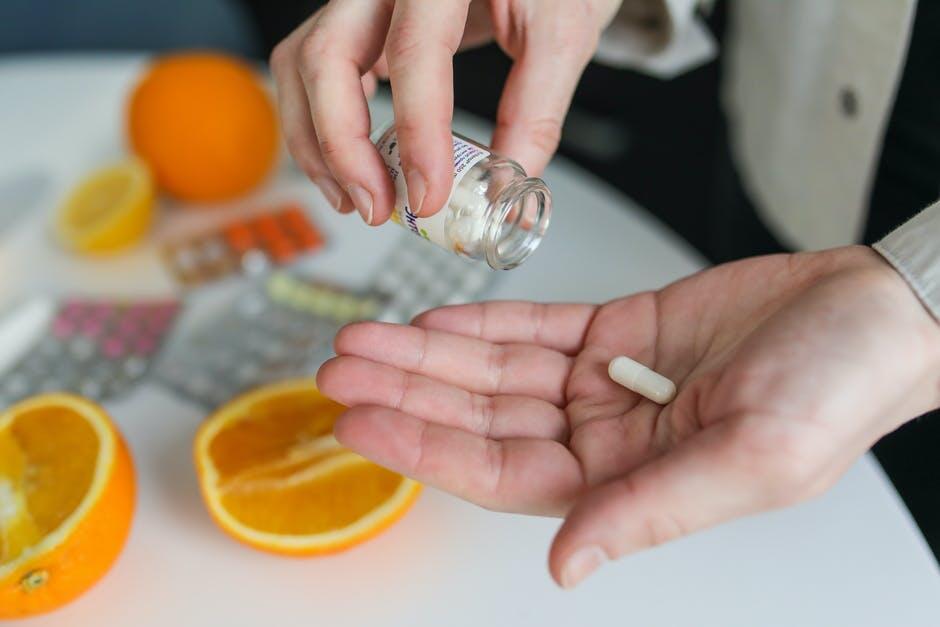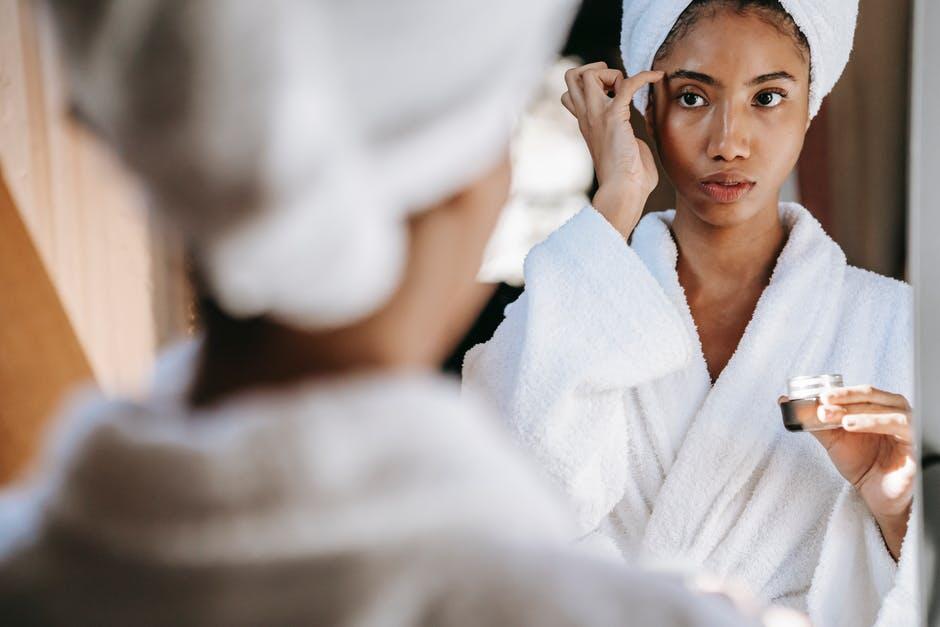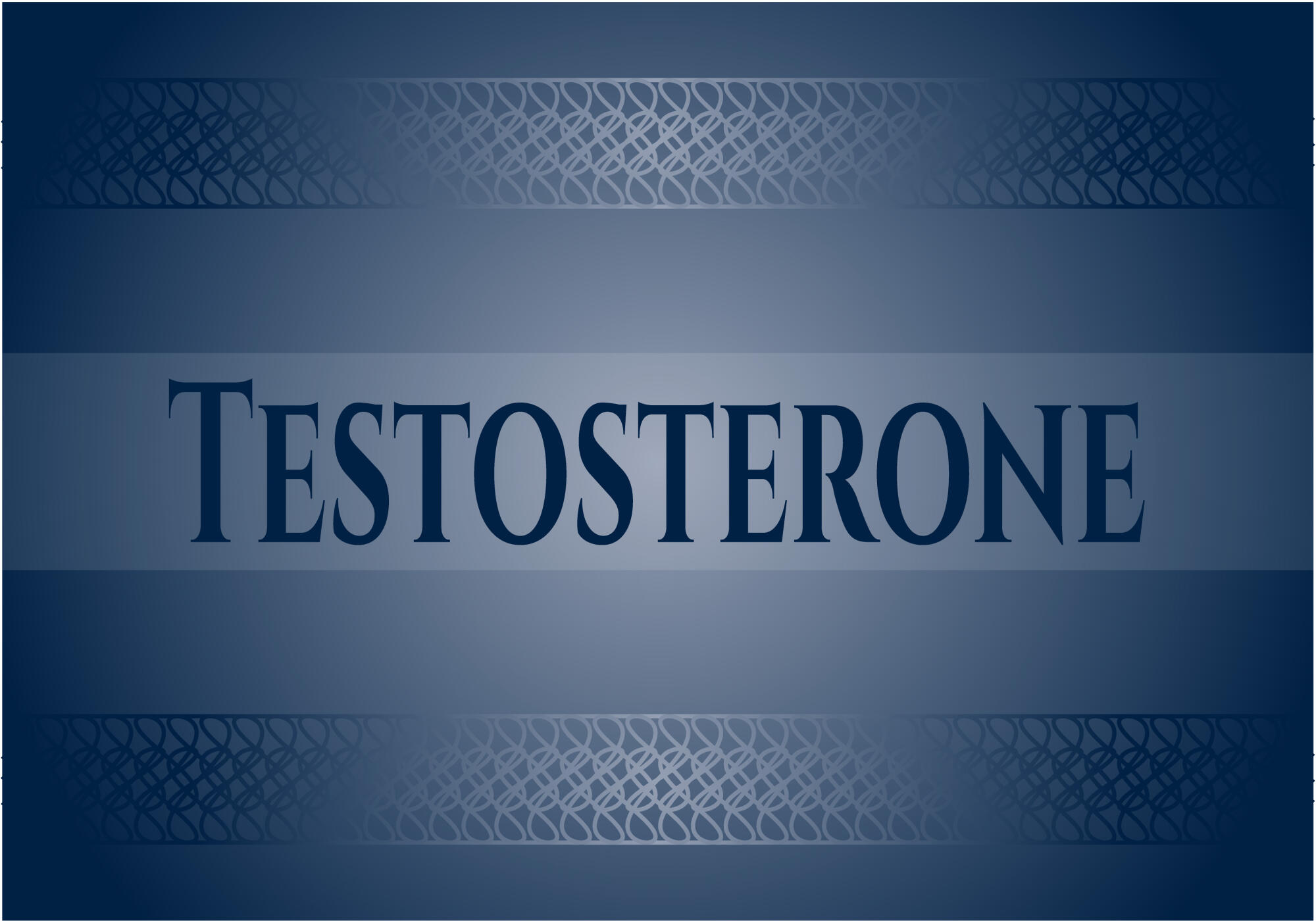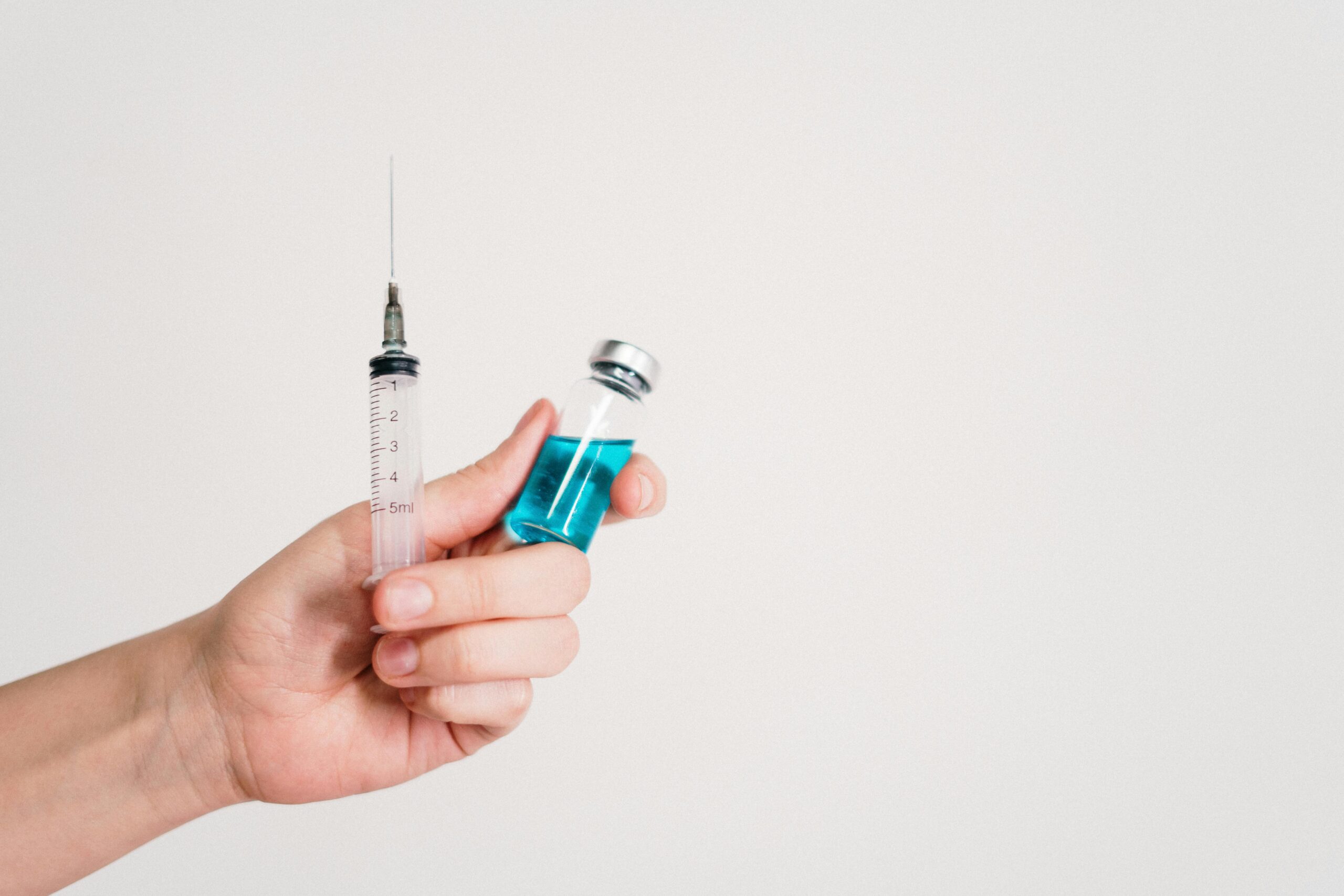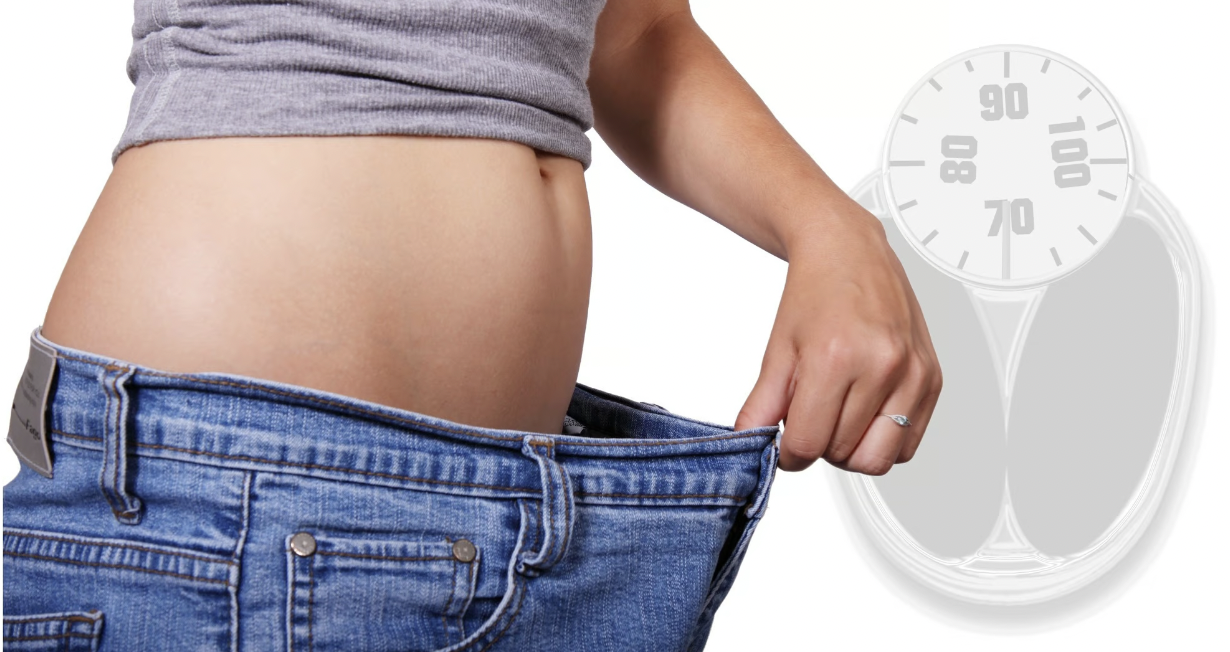Just like men, women’s bodies also produce testosterone. Though women’s bodies produce a fraction of the amount that men’s do, its presence or lack thereof can affect women’s health and wellbeing.
A steady level of testosterone in the female body helps support the growth and maintenance of healthy bones and can help reduce fat retention. In fact, there are manifold benefits for women, especially post-menopause, when they employ a TRT (testosterone replacement therapy) regimen.
As research delves further into the effects of testosterone on women’s bodies, it has been determined that testosterone plays a significant role in the health and well-being of women – especially adult women.
What is Testosterone?
Testosterone is a hormone that, in women, is produced in the ovaries and the adrenal glands. Signals from the pituitary gland in the brain direct the production of testosterone. The pituitary gland monitors and controls the levels of testosterone in the interest of maintaining overall good health.
While in men, testosterone is critical in the development of secondary sexual characteristics such as deeper voice, increased muscle mass, and the development of adult genitalia. In women, this hormone plays essential functions in ovarian health, bone development and, it is thought, normal sexual drive (the libido).
Testosterone is created in the body from cholesterol. But do not start in heavy on the bacon, eggs, and other fatty goodness just yet. An excess of cholesterol does not equate to healthy levels of testosterone production. The pituitary gland works to prevent a hormonal imbalance.
What Are Some Causes of Low Testosterone?
As with men, the normal aging process is responsible for a lowering of testosterone production. As they age, both sexes experience a decrease in other hormones, so testosterone follows that trend. However, there may be more at work behind the scenes. Simply because we are getting older does not mean our bodies naturally radically reduce the concentration of important hormones.
It is normal for women to experience a slight reduction in the production of both estrogen and testosterone during the approach to and the occurrence of menopause. But other vectors may cause chronically low testosterone.
Women taking estrogen replacement pills have experienced a drop in their testosterone concentrations, and chemotherapy has been shown to have a significant impact on its production. Other causes can include ovarian degeneration or even thyroid disease.
Is Testosterone More Important than Estrogen for Women?
A wide variety of hormones exist in the human body, and all are important for several reasons, growth and overall health and wellbeing among them. While estrogen is essential for the proper functioning of the female body, testosterone is equally important for a woman to maintain a healthy body. What is more, some research suggests that improved cognition may be an important result of normal testosterone levels.
What Are Some Symptoms of Low Testosterone in Women?
While the effects of low testosterone may be different for everyone, depending on their state of health and environmental factors, some common symptoms of low testosterone may include physical issues such as:
- muscle weakness
- fatigue
- weight gain
- low sex drive
- fertility problems
- osteoporosis
- and vaginal dryness.
Emotional impacts of low testosterone may include:
- depression
- lassitude
- difficulties with memory and cognition.
Because these symptoms may also represent other concerns, a diagnosis of low testosterone may go undetected. It is important to consult your primary care physician should you be experiencing any of these symptoms.
High Testosterone Levels May Lead To:
- acne
- blood sugar problems
- excessive hair growth (usually on the face)
- infertility
- lack of menstruation
- obesity
- polycystic ovary syndrome (PCOS)
Talk to a Doctor about Low Testosterone
If you are experiencing symptoms like those described above, we encourage you to consult your doctor. While the symptoms may not be caused by low testosterone, you must maintain your health.
Your doctor can order a blood panel that will examine various indicators regarding your general state of health, your testosterone levels included. A blood panel helps your doctor understand your overall health needs based on various factors, including age. Knowing where you are at on the spectrum is crucial to making good decisions about your health. In women, normal testosterone levels range from 15 to 70 nanograms per deciliter (ng/dL) of blood.
Clinics will prescribe testosterone treatments based on symptom improvement vs. potential side effects. Some patients may reach a blood serum level between 200-300 ng/DL to achieve optimal symptom relief.
What are the Benefits of Testosterone Replacement Therapy for Women?
Studies are ongoing regarding the benefits of TRT in women and men, but some of the findings around the benefits of TRT are coming into focus. It seems that TRT to treat low testosterone levels encourages changes to overall bodily health in these areas:
Heart Health: Though still under research, there is evidence to suggest that TRT can improve cardiovascular function, which contributes to a healthier heart and, potentially, a decreased risk of stroke.
Bone Health: TRT encourages the development of strong bones and connective tissue, which means that by allowing the body to absorb minerals more efficiently from the diet, the risk of osteoporosis can be greatly reduced. This is especially important among post-menopausal women.
Building Lean Muscle: Healthy, normal levels of testosterone encourage the growth of lean muscle, which, in turn, encourages the burning of fat. Reducing excess fat on the body is a principal factor for good health and a positive outlook on life.
Improved Cognition and Sense of Well-Being: TRT research on men seems to indicate improved cognitive ability and a decreased risk of Alzheimer’s disease. The men also noticed an improvement in mood. Similar studies are underway to see if women experience comparable results. Early findings indicate this may be the case.
Testosterone Cream, How to Apply
Should your doctor recommend testosterone replacement therapy, the chances are quite good that she will recommend a topical cream. The advantage to a topical application is that the individual has a high degree of control over its application and, therefore, how much of the hormone the body absorbs at any given time.
And as different companies produce testosterone according to different processes, your doctor understands how your prescription will function and what side effects to look for. Read the prescription instructions carefully and contact them if you have any questions or concerns.
Application of topical creams are best made after one’s morning shower early in the day and before going to bed in the evening. This ensures that the cream does not get washed off or otherwise disturbed and promotes its efficacy.
Buying Testosterone Cream
Again, your physician will guide you to a reputable pharmacy, or you can use a qualified telemedicine provider. A reputable pharmacy will only fill an official prescription and ensure that you get the exact treatment required.
Please keep in mind that TRT requires modifying your body’s critical functions and so should not be treated as a cosmetic treatment. Adjusting your hormone levels affects your entire body, and so your doctor needs to be actively involved in your treatment regimen.
Some companies insist their over-the-counter testosterone creams are effective, yet, to date, there is no substantive research to back up that claim. This is why we highly recommend you work with a qualified physician and team of hormone experts. A leading telemedicine provider such as EVOLVE can help you optimize hormone levels with TRT to meet your lifestyle goals.
Subcutaneous (Sub-Q) Injection of Testosterone
When speaking to a physician about testosterone treatment options, you may hear the term subcutaneous injection, also called a sub-Q injection. This term means “under the skin”, and refers to a prescribed medication that you give yourself by injection (shot). Your healthcare provider will teach you how to administer this type of testosterone treatment.
Testosterone is commonly administered intramuscularly. However, these injections can involve significant discomfort and may require arrangements for administration by others. The benefits of subcutaneously injecting testosterone include less discomfort and pain, smaller needle size, and possibly lesser dosages of testosterone needed to sustain steady-state levels of serum testosterone. Studies have shown that patients receiving treatment by subcutaneous injection were able to normalize testosterone levels and reduce pain at the injection site.
Checking Your Hormone Levels & Starting TRT
Before beginning TRT, a physician consultation and a full female hormone blood panel are required. These help the physician to better understand your body and which treatments will be the most effective. During the consultation, your physician will review your blood test results while answering questions you may have about testosterone levels and treatment.
Are you ready to take care of your low t levels and get your body under control? Our team of hormone therapy experts will help you get started with safe, effective, and affordable treatment. Contact Patient Care @EVOLVE to schedule your consultation!




